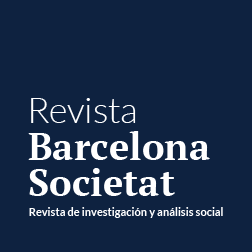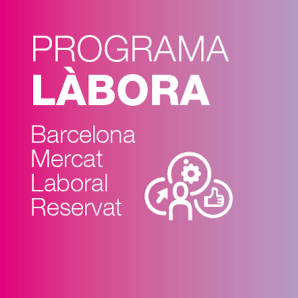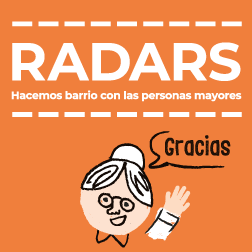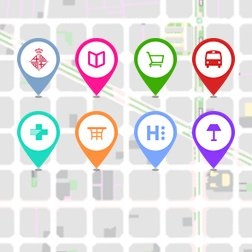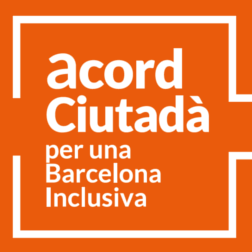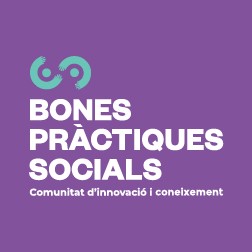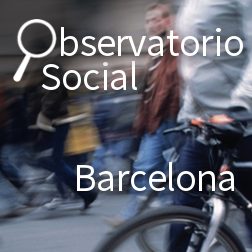Barcelona, City of Women
08/03/2023 - 12:20
A new municipal campaign gets under way on 8 March to redress the underrepresentation of women in public space. A map of the metro and the urban part of the FGC rail network is being published, with the 153 stations on it given women’s names to promote a historical demand and recognise the mark women have left on the city, in areas as diverse as science, literature, sport, politics and community activism. In parallel to this symbolic action, the month of March will also see sixteen real public spaces in the city named after women. This is how the city is marking International Women’s Day.
Just 8.3% of streets, squares and public spaces are named after women at present, compared to 35% after men. The names that fill public spaces form part of the lives of people who live in them or use them and have historically been ascribed from positions of power dominated by men. The result has systematically made women invisible.
Where are the women?
City of Women is an initiative to highlight the major contributions of women through history and call for greater representation in their memory on the city map. Through a symbolic map of the metro, the project recovers the lives of over 150 women who have shaped the path of the city, reflecting the mark left by numerous artists, sportswomen, politicians, activists and scientists.
These include intellectuals and writers such as Mercè Rodoreda and Carmen Laforet, little-known historical characters such as Josefa Vilaret, leading sports figures from today, such as the footballer Alexia Putellas, community activists such as Custòdia Moreno, artists such as Carmen Amaya, scientists such as Josefina Castellví, anti-fascist fighters such as Maria Salvó, feminist anti-colonialists such as Remei Sipi, icons for the trans struggle such as Sonia Resclavo and artists from the legendary Paral·lel such as Mary Santpere, Raquel Meller and Bella Dorita.
City of Women elsewhere
The City of Women map for Barcelona comes off the back of an international initiative which began in New York in 2016. Rebecca Solnit and Joshua Jelly-Schapiro imagined a map of the New York subway where all the stops had women’s names. Indigenous women, black and LGBTI women, politicians, erudites, revolutionaries and artists, these were women who formed part of the past and present of the city and were not well represented in public space in the city. The City of Women initiative was replicated in London in 2022, with a symbolic name change for all the tube stops in the UK capital.
More women’s names in public space
In parallel, sixteen spaces around the city’s ten districts will be named after women in March. These are permanent name changes, approved by the street naming commission and representing a 2% increase in the overall number of women’s names for streets, squares and gardens in Barcelona.
The irrepressible desire for freedom
March is the month for women, and beyond the celebrations for 8M the city is organising a wide array of activities around all ten districts. Highlights include the 37th edition of the 8 March Award – Maria Aurèlia Capmany, which recognises the defence and promotion of women’s rights. Under the slogan “The irrepressible desire for freedom”, this year’s award brings together initiatives allowing progress on women’s sexual freedom in all its diversity, plus guarantees for women’s sexual and reproductive rights.





